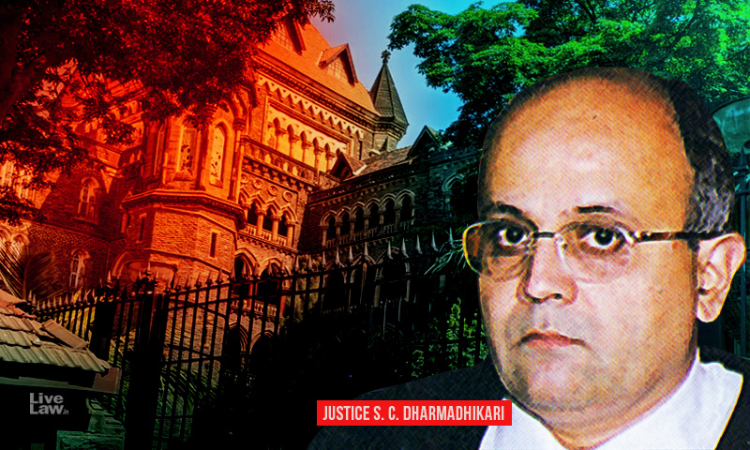'As Long As You Protest By Lawful Means You Have Nothing To Fear': Justice (Rtd) Dharmadhikari
LIVELAW NEWS NETWORK
1 March 2020 5:44 PM IST

"So long as you protest by lawful means, you have nothing to fear. You can be critical of the government, it is not an offence. But your freedom of speech should not amount to incitement or hatred".
Next Story


